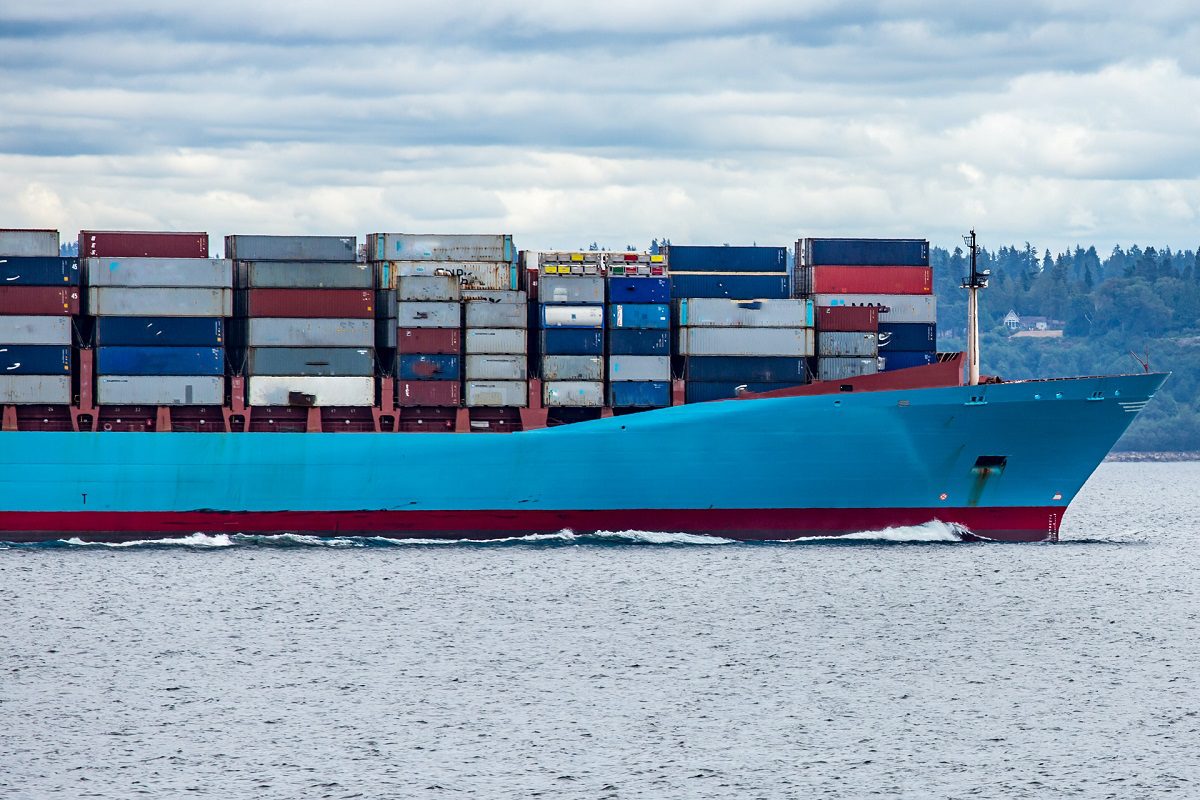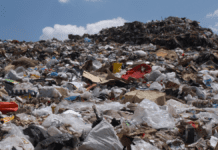
A trade group comprising European suppliers of waste-to-energy technology, ESWET, has welcomed the European Commission’s proposal to revise the waste shipment regulation to reduce waste exports and treat municipal waste in Europe under EU standards, but calls for coherent and clearer rules for intra-EU shipments.
Under EU law, high environmental standards apply to waste treatment, which must be in line with the waste hierarchy. The waste chain is integrated, meaning that it relies on several interdependent links:
- Reuse for the waste that cannot be prevented;
- Recycling for the waste that cannot be reused;
- Treating non-recyclable waste in Waste-to-Energy facilities;
- And landfilling for the ultimate fraction of waste that cannot be treated otherwise.
In this context, the role of the waste shipment regulation is to ensure the safe transfer of waste to treatment facilities, the choice of the most appropriate treatment solution being determined by other legislative texts and national waste management plans.
While a proximity principle should apply for treatment of waste, unnecessary obstacles to intra-EU shipments of municipal solid waste could disrupt national waste management chains and its mission to prevent waste-related pollution.
For instance, if there is no Waste-to-Energy plant in a border region, and non-recyclable waste can no longer be properly treated in the neighboring country, then it is likely to end up in the local landfill, which would be contrary to the logic of the waste hierarchy.
In a statement ESWET says it invites “the Commission and co-legislators to carefully reconsider the impact of restrictions on intra-EU shipments of municipal solid waste and to clarify the rules applicable to transfer of waste to EFTA countries that are also applying EU environmental standards. It is essential for the Waste Shipment Regulation to support the safe transfer of waste without hampering its optimal treatment as prescribed in other pieces of EU legislation.”






